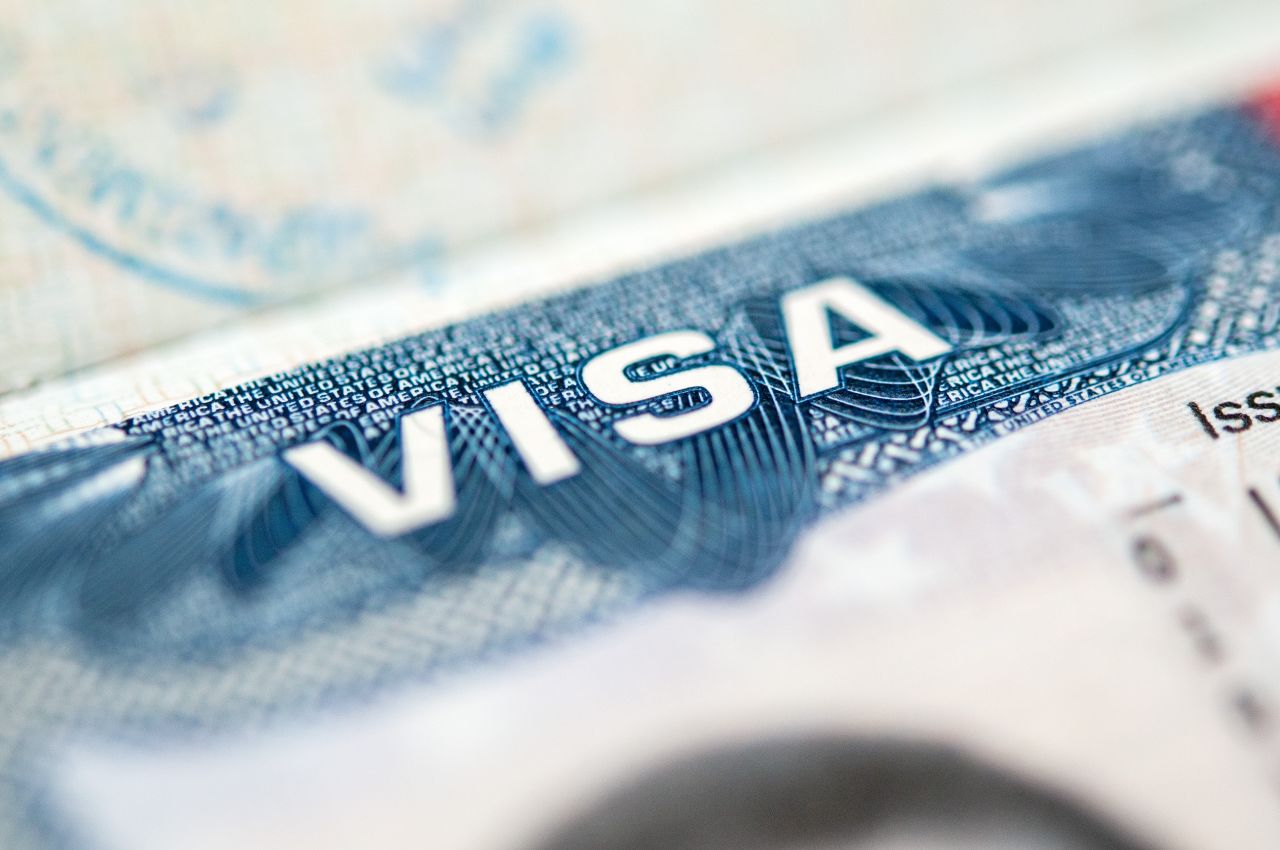

New U.S. Travel Restrictions Affect Visitors from 12 Countries
Starting Monday, June 9, 2025, U.S. entry rules will change for citizens of 19 nations. Visitors from 12 countries will be fully barred from entering, while travelers from another 7 will face visa suspensions; exemptions apply for green card holders, dual nationals, and certain special categories.
President Donald Trump signed a proclamation on June 4 establishing the new restrictions, which fall into two categories:
Full Entry Ban (12 Countries)
Visitors from the following countries will be prohibited from obtaining new U.S. visas or entering the United States:
Aghanistan
Myanmar (Burma)
Chad
Republic of the Congo
Equatorial Guinea
Eritrea
Haiti
Iran
Libya
Somalia
Sudan
Yemen
Partial Entry Restrictions (7 Countries)
Citizens of these nations may still apply for some visas (work, family‐based, diplomatic, etc.), but tourist and student visas are suspended, and permanent‐resident applications will be paused:
Burundi
Cuba
Laos
Sierra Leone
Togo
Turkmenistan
Venezuela
Entry ban and visa suspensions take effect June 9, 2025 at 12:01 a.m. ET.
Which Travelers Are Exempted?
The proclamation specifies several exceptions. These travelers may still enter or remain in the United States if they hold valid documentation and meet routine admission requirements:
Lawful permanent residents (green card holders) of any country
Dual nationals (U.S. citizens or lawful permanent residents who also hold citizenship in one of the 12 banned countries)
Individuals whose entry is determined to be in the national interest, including certain academics, researchers, humanitarian workers, and those traveling for major sporting events
Afghan nationals eligible under the Special Immigrant Visa program (interpreters and others who assisted U.S. forces)
Iranian nationals fleeing religious persecution (those who fall under U.S. protections for religious minorities)
Refugees or asylees already approved for resettlement
Visa Categories Affected
Tourist visas (B-2) and business visas (B-1) for citizens of the 12 fully banned countries are suspended; they will not be issued or renewed after June 9.
Student visas (F/M) and exchange‐visitor visas (J) are likewise suspended for those 12 countries.
Citizens of the 7 partly restricted countries remain eligible for work, study, or family‐based visas (H, L, O, P, R, U, etc.), but B-1/B-2 and F/J visa categories are paused.
Permanent-resident (immigrant) visa applications from all 19 countries will be held in abeyance until further notice.
Impact on Travel Plans
Existing visas remain valid if they were issued before June 9, 2025, provided holders meet routine admission rules at the U.S. port of entry.
Visa applicants from the banned countries should expect automatic refusal for tourist, business, student, or exchange visas.
Dual nationals and green card holders should carry both passports when traveling to demonstrate U.S. residency status.
Family members of U.S. citizens or lawful permanent residents from partially restricted countries can still apply for family-based visas (IR, CR categories), although processing may experience additional administrative delays.
We value your privacy
We use cookies to enhance your browsing experience, serve personalized content, and analyze our traffic. By clicking "Accept All" you accept this and consent that we share this information with third parties and that your data may be processed in the USA. For more information, please read our .
You can adjust your preferences at any time. If you deny, we will use only the essential cookies and unfortunately, you will not receive any personalized content. To deny, .